SJI Grantee Spotlights

State Courts Response to Opioids and the Impact on Children
What if families facing a crisis could receive support before entering the court system? In 2019, the National Center for State Courts received funding to identify promising practices in state and local courts that aim to prevent removal through non-adversarial collaborative team approaches and timely access to treatment and services. The Family Preservation Initiative (FPI) in Rutherford County, Tennessee was one of the standout programs identified.
FPI transforms how communities support families by intervening before circumstances escalate to court involvement. When families experience challenges likely to result in a juvenile court petition, FPI staff step in to build relationships, learn about each family’s unique strengths and needs, and connect them to resources and services. This individualized approach keeps children safely with their families while providing the entire family with the support needed to overcome obstacles.
Referrals come from law enforcement, schools, community organizations, and families themselves. Families involved in FPI are not under court supervision; however, the court’s backbone support for the program helps build and sustain community partnerships essential for its success. By intervening early, FPI prevents family separation, minimizes trauma, and provides crucial support when families need it most. The documentary, “Together We Thrive: Championing Prevention Efforts with Tennessee’s Family Preservation Initiative,” offers a powerful look at FPI through the eyes of the families and professionals involved in the program. Their stories demonstrate how family-centered and prevention-focused approaches can create positive changes for children, families, and communities.
“What we really hope is that this would become the new norm, that this wouldn’t be just a pilot or a program or in a few places dotted around the county. But this would become the way that people want to intervene much sooner so that children never become part of the system.”
-Deborah Taylor Tate, Former Director, Tennessee Administrative Office of Courts
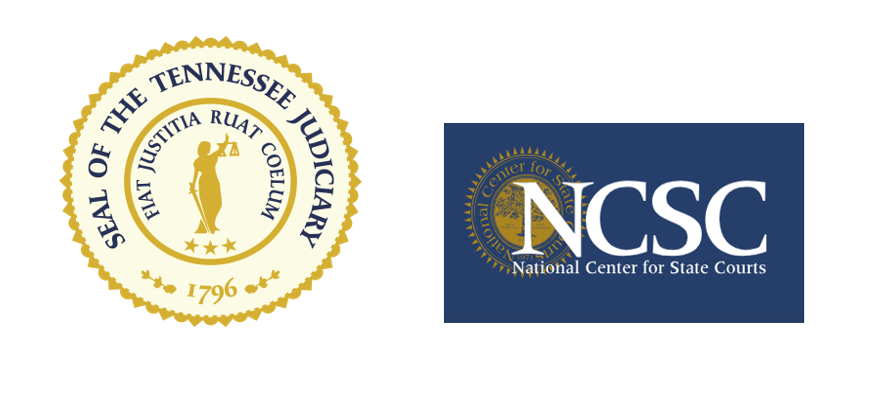
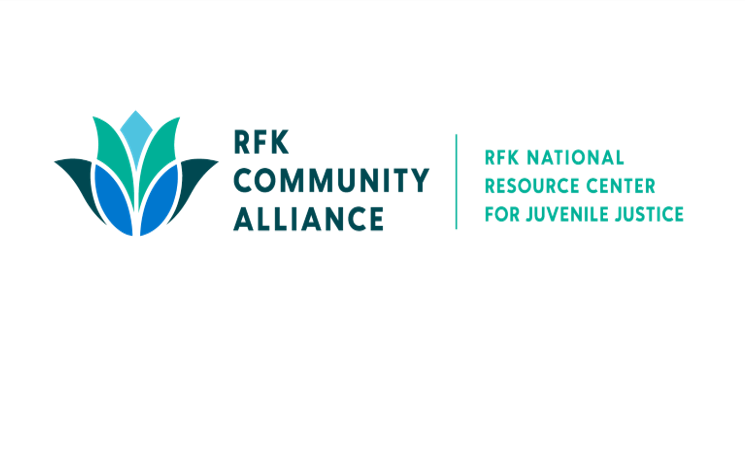
Probation and Youth Justice System Review – RFK National Resource Center for Juvenile Justice
December 1, 2024
The RFK National Resource Center for Juvenile Justice (RFKNRCJJ) has used a proven framework to partner with state and local jurisdictions to conduct multiple probation and youth justice system reviews designed to improve outcomes for youth and families at-risk or involved in the juvenile justice systems for more than fifteen years. RFK’s successful technical assistance …
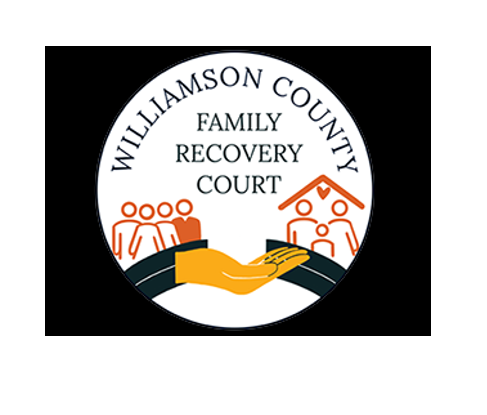
Keeping Families Together: Preserving and Reunifying Families with Substance Use Disorder Through a Family Recovery Court – University of Texas at Arlington
November 1, 2024
The Keeping Families Together: Preserving and Reunifying Families with Substance Use Disorder (KFT) project was established to refine and test a Family Recovery Court (FRC) model for child welfare-involved families with substance use disorders. In collaboration with the Williamson County Family Recovery Court, Dr. Catherine LaBrenz and her team at the University of Texas at …
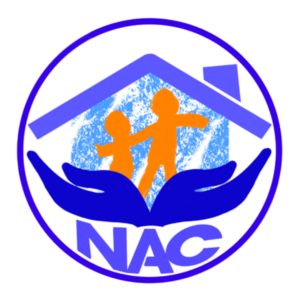
Supporting Shared Assessment Center Outcomes and Measures – National Assessment Center Association (NAC)
October 1, 2024
The Assessment Center Outcome and Reporting Network (ACORN) initiative was established to create a more consistent performance and outcome measures for Assessment Centers (AC) nationwide. The National Assessment Center Association (NAC) in collaboration with the National Center for Juvenile Justice (NCJJ) and Dr. Jeff Kretschmar, worked to support a cohort of six ACs (listed below) …

Court Navigation and Support – Policy Research Associates
September 1, 2024
Many people who become involved in the criminal legal system experience behavioral health and social service-related needs that remain unmet throughout their system involvement. These unmet needs can result in people cycling through the system, taking a toll on their well-being and placing a burden on the system. In recognition of this challenge, jurisdictions across …
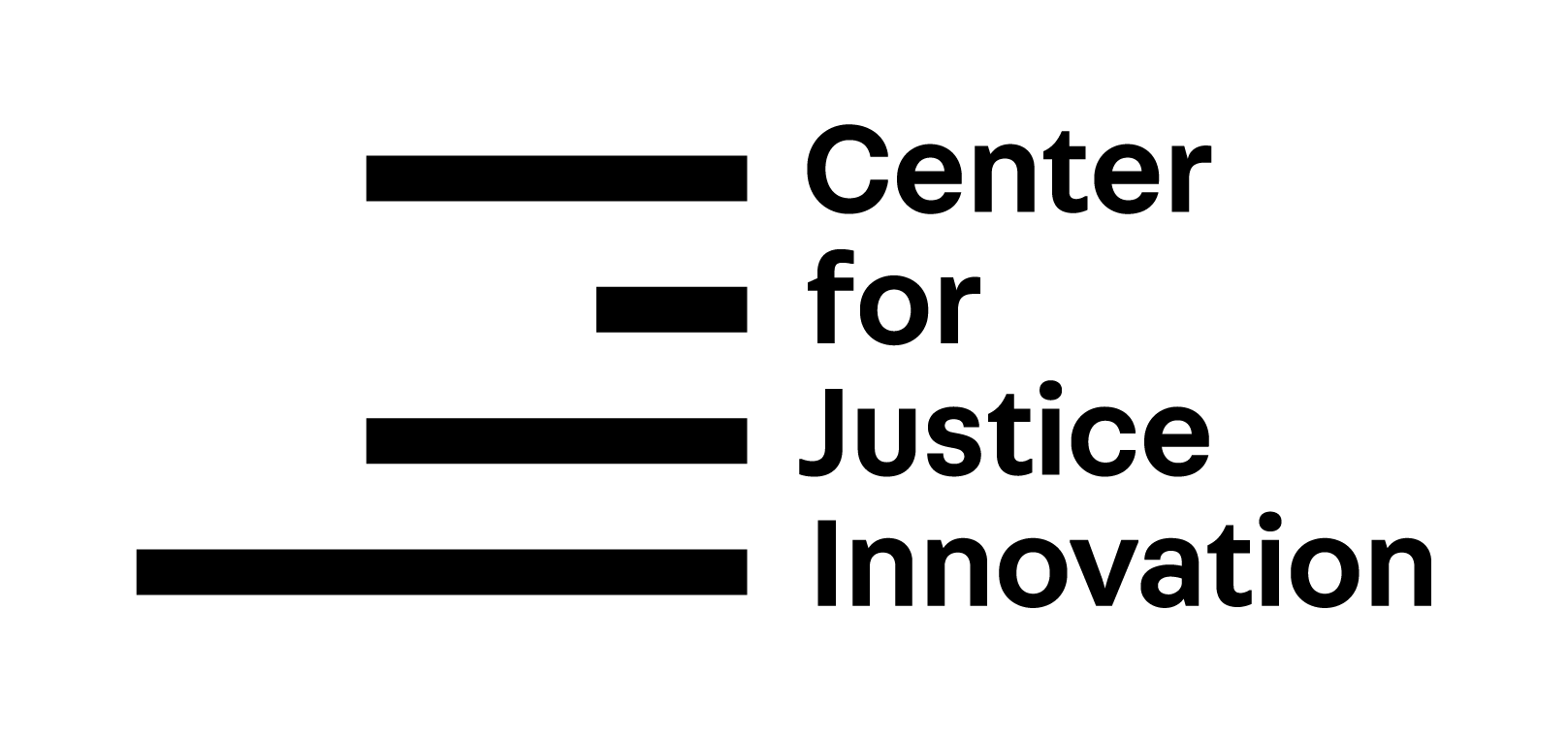
Trauma-Informed Practice Strategy Lab (TIPS Lab) – Center for Justice Innovation
August 1, 2024
The Trauma-Informed Practice Strategy Lab (TIPS Lab) was born out of the need to address the trauma of people involved in criminal courts—an urgent need shown by statistics on the prevalence of violence and victimization in the United States. The Center for Justice Innovation is leading the development of the TIPS Lab, which includes a …
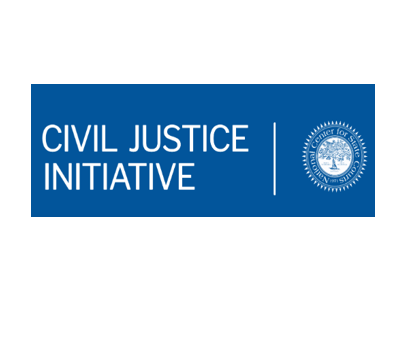
Utah 10-Year Retrospective on Utah Civil Discovery Reforms
July 1, 2024
In 2011, Utah became the first state to embed the concept of proportionality into its rules governing discovery in civil cases. Utah Rule 26 created three tiers based on the amount-in-controversy at stake with tight deadlines and significant restrictions on the scope of allowable discovery for cases valued less than $50,000 (Tier 1), slightly longer …

